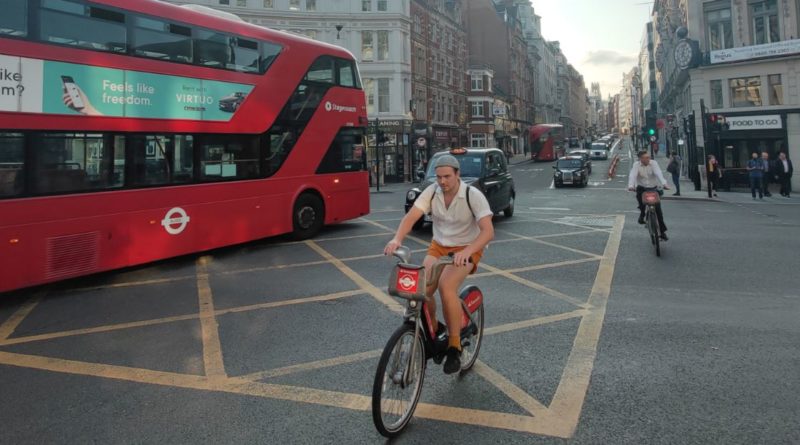Cycling’s spending review trim prompts orgs to question ‘Green Revolution’
As part of yesterday’s spending review the 2021/22 active travel budget took a 15% hit, prompting a handful of cycling orgs to question where the Government’s priorities really lie.
Cycling UK‘s head of campaigns Duncan Dollimore reacted with disappointment, once again calling in to question the path the UK’s ‘Green Revolution’ is taking: “The Government’s ‘Gear Change’ document released in the summer set out a bold vision for cycling and walking in England, but neither that nor the promised ‘Green Revolution’ can be delivered without substantially increasing investment.
“The £257 million set aside for active travel next year is less than 1% of the £27.4 billion roads budget the Government remains stubbornly wedded to. Reducing next year’s funding by around £45 million makes the delivery of the Government’s own targets to increase levels of cycling and walking almost impossible, without the radical shift in transport spending priorities required to decarbonise transport.”
It is notable that the tone has once again changed from central Government, with Prime Minister Boris Johnson’s latest statement on cycling, delivered as part of the ten point green recovery plan, speaking of “hundreds of mils of cycle lanes”, rather than the “thousands” optimistically promised closer to the election. Likewise, Grant Shapps has pledged support for the motorist within recent communications that were designed to flag progress on cycling.
Sustrans’ CEO Xavier Brice likewise reacted with bemusement, offering: “There is a wider concerning disconnect between the Government’s aims and ambitions and the policies it is putting in place. Aspiring to achieve a truly greener future and reach net zero is not possible alongside a spending commitment to the greatest road building programme ever which will drive up demand for car use and carbon emissions – largely negating any carbon benefits from a switch to electric vehicles. Instead, more investment should be targeted at helping people make fewer journeys by car.
“Sustrans is pleased to see the new £4 billion ‘Levelling Up Fund’ but it is important that this is used to tackle the real issues of equality and equity between communities, and is invested in making vibrant highstreets and town centres, including sustainable and affordable travel options. Allowing this funding to be invested in new bypasses or road schemes will only increase car use and do little to tackle these problems.
“Fundamentally in the longer term we will need to build on the £2bn allocated to walking and cycling and ensure that changes to the planning system deliver more 20-Minute Neighbourhoods, where everyday services can be reached easily and safely in a twenty-minute return walking trip.”
Having got off to a slower start than many hoped, the Spending Review confirmed the Government’s commitment to investing £2bn in cycling and walking by 2025. Sideline schemes such as the Bike Repair Voucher scheme have stuttered on launch, with just 20% of the vouchers currently released. A freedom of information request submitted at the start of November by CI.N seeking detail on the timescale ahead for this scheme has, at the time of writing, gone unanswered. Bike retailers have voiced similar concerns about the road ahead for proposed e-Bike subsidies, though upon closer inspection it appears this scheme will not at first be for private purchases.
Cycling UK points out that the Government’s spending review reassurance means there is £1.5bn to invest in cycling and walking for the final three years of this parliament, the equivalent to £500m a year or around double the current level of investment. This year £300 million has been released, while next year the figure will be £257 million.
“The Government’s vision and stated ambition for active travel are impressive, but this spending review takes us backwards when it comes to delivery,” conclude Dollimore.



